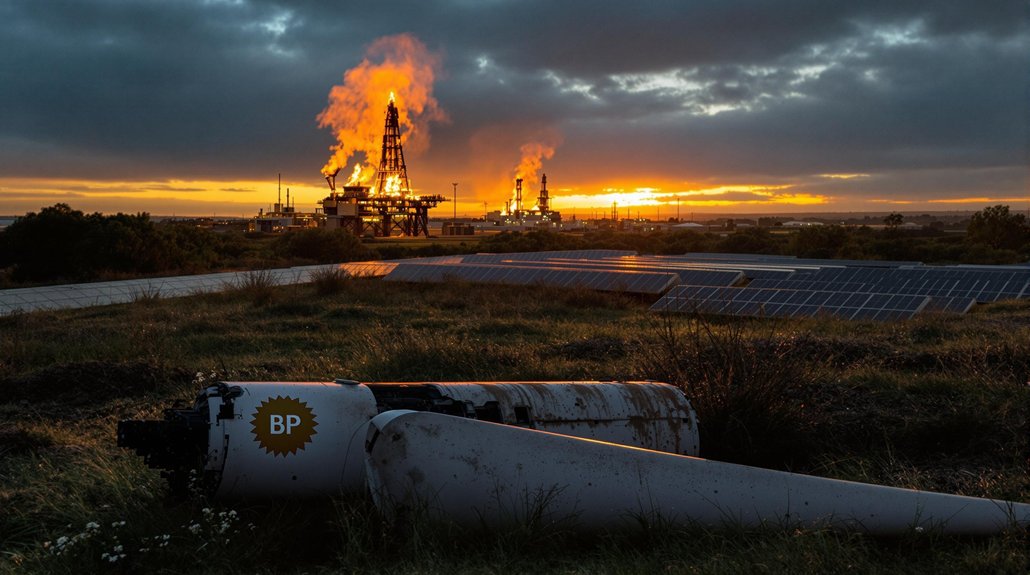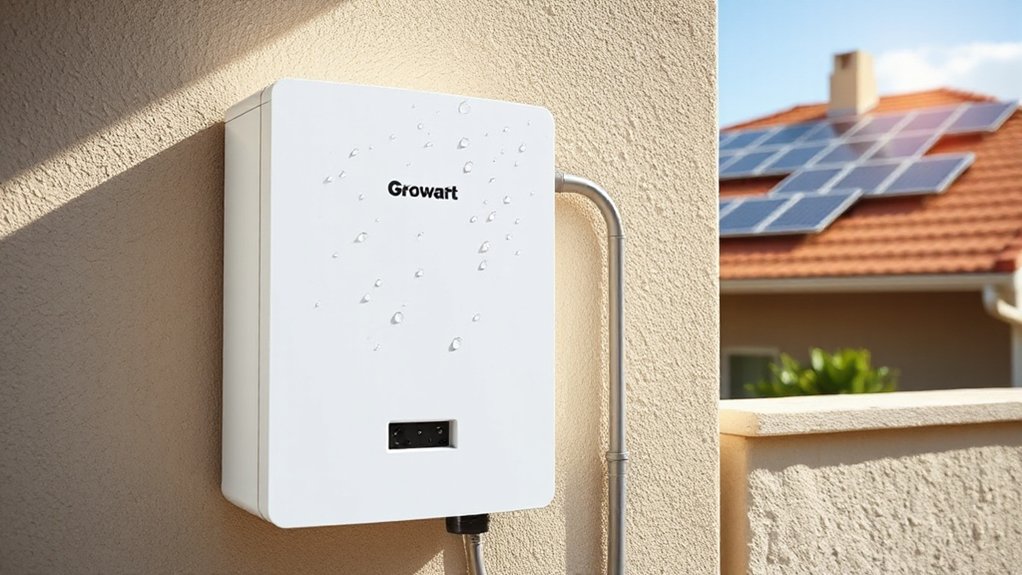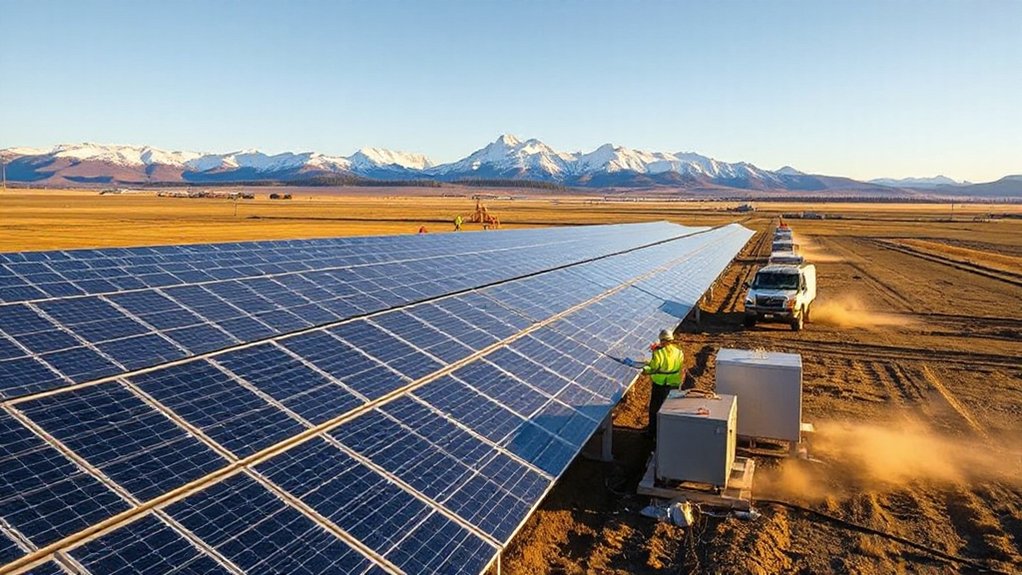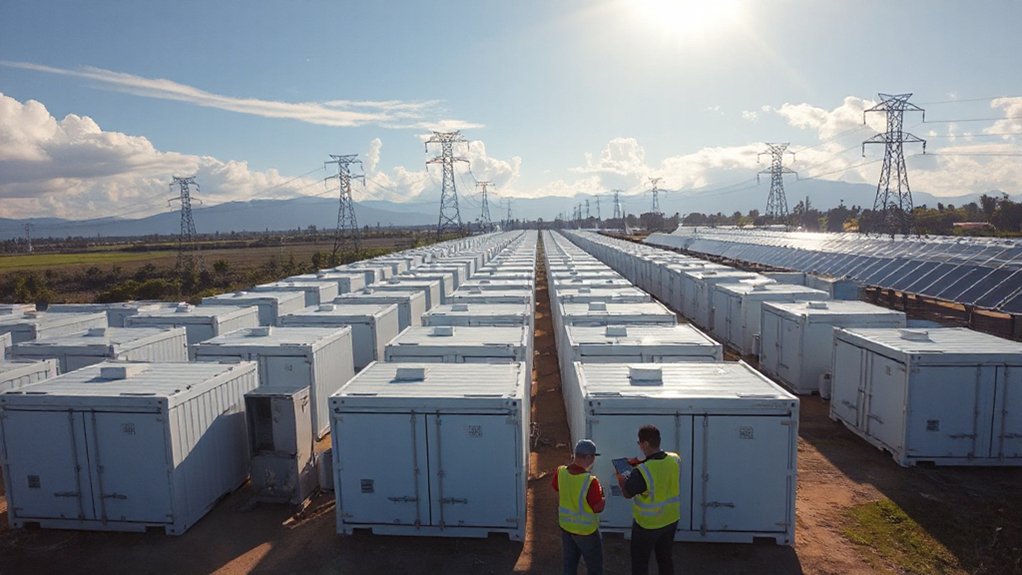BP’s green fantasy is officially dead. The energy giant slashed renewable targets by 70% after investor pressure demanded real profits, not climate dreams. Elliott Management pushed hard as BP’s stock tanked while competitors who stuck to drilling thrived. Now they’re boosting oil and gas spending by 20% to $10 billion annually while ditching offshore wind projects. Funny how those “stranded assets” suddenly look valuable when shareholders come knocking.
BP slashed its once-ambitious renewable energy goals this week, abandoning its 50-gigawatt target and cutting green investments by a staggering 70%. The energy giant is finally seeing the light. After years of trying to appease climate alarmists, BP’s coming back to reality where oil and gas still rule the energy game.
BP finally abandons green fantasies to embrace the profitable reality of fossil fuels.
The company’s original plan was downright ridiculous – a 20-fold increase in renewable output and a 40% reduction in oil and gas by 2030. Pure fantasy. Now they’re boosting oil and gas spending by 20% to $10 billion annually. Smart move. Green energy just doesn’t pay the bills like good old-fashioned fossil fuels.
Elliott Management, thank goodness, put the pressure on. BP’s stock was tanking while competitors who stuck to their drilling guns were making bank. The geopolitical landscape changed dramatically since those pie-in-the-sky goals were set in 2020. Energy security matters more than virtue signaling about climate change.
The financial details tell the story. BP expects over 15% returns from increased oil and gas investments. Compare that to the pathetic performance of their green ventures. BP’s CEO Murray Auchincloss admitted the company had misjudged the energy transition pace. They’re cutting annual structural costs in the low-carbon sector by $500+ million by 2027. Money talks.
Specific renewable projects are getting the axe. Offshore wind? Scaling back. Onshore wind? Up for sale. The 2.5GW Beacon Wind project? Connection request withdrawn. Even solar developer Lightsource BP might be on the chopping block. Despite solar costs dropping by 90% in the past decade, BP seems unimpressed with the returns compared to traditional energy sources.
Environmental groups are freaking out, naturally. Greenpeace and their ilk can’t believe their poster child for energy shift is going back to its roots. Too bad. The market has spoken.
BP’s move aligns with industry leaders like ExxonMobil and Shell who never fully bought into the green hysteria. Turns out those “stranded assets” activists warned about are actually quite valuable. Sometimes reality bites – especially if you’ve been living in a renewable fantasy land. The company’s profits fell to 8.9 billion dollars in 2024, further justifying their strategic pivot away from renewables.








